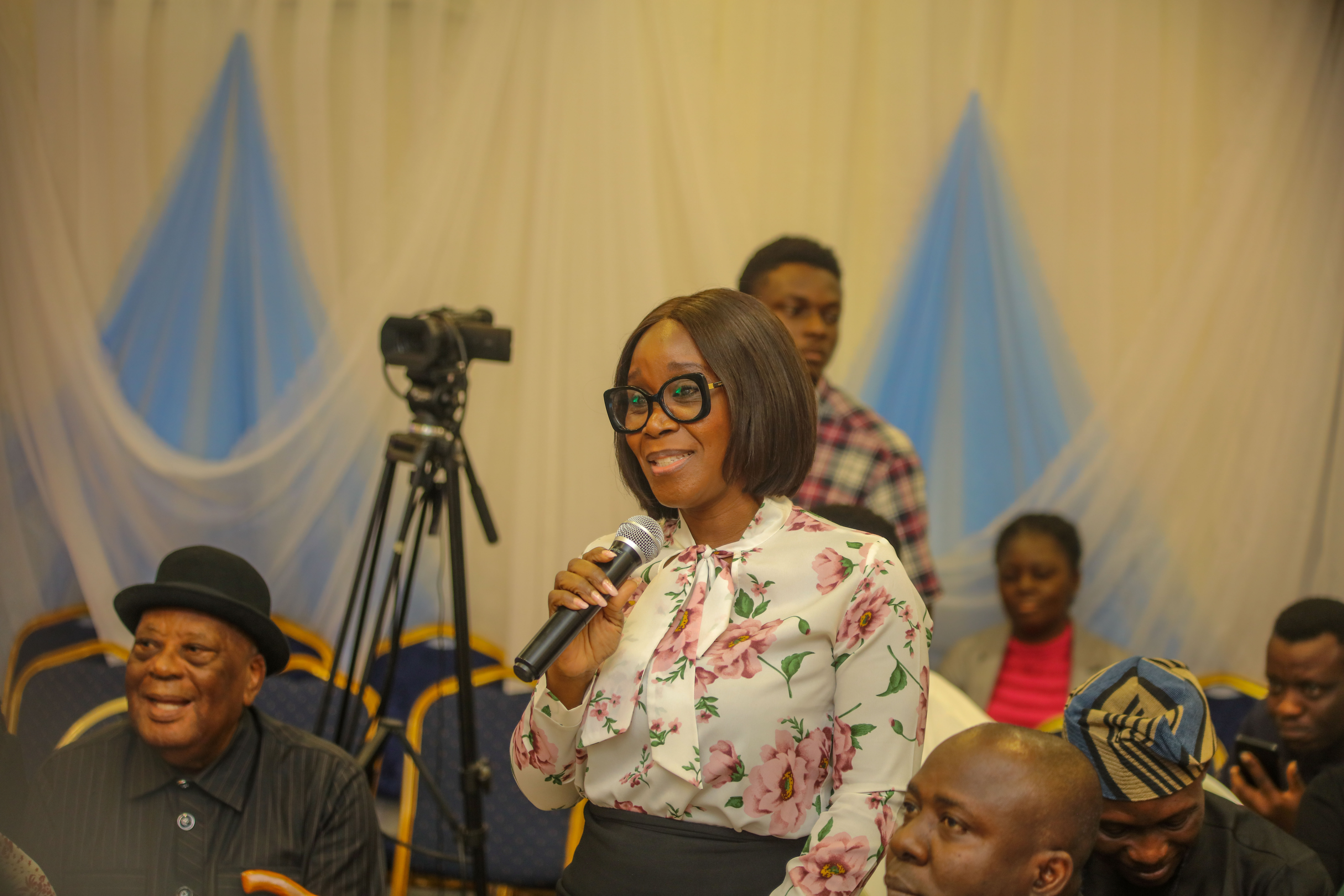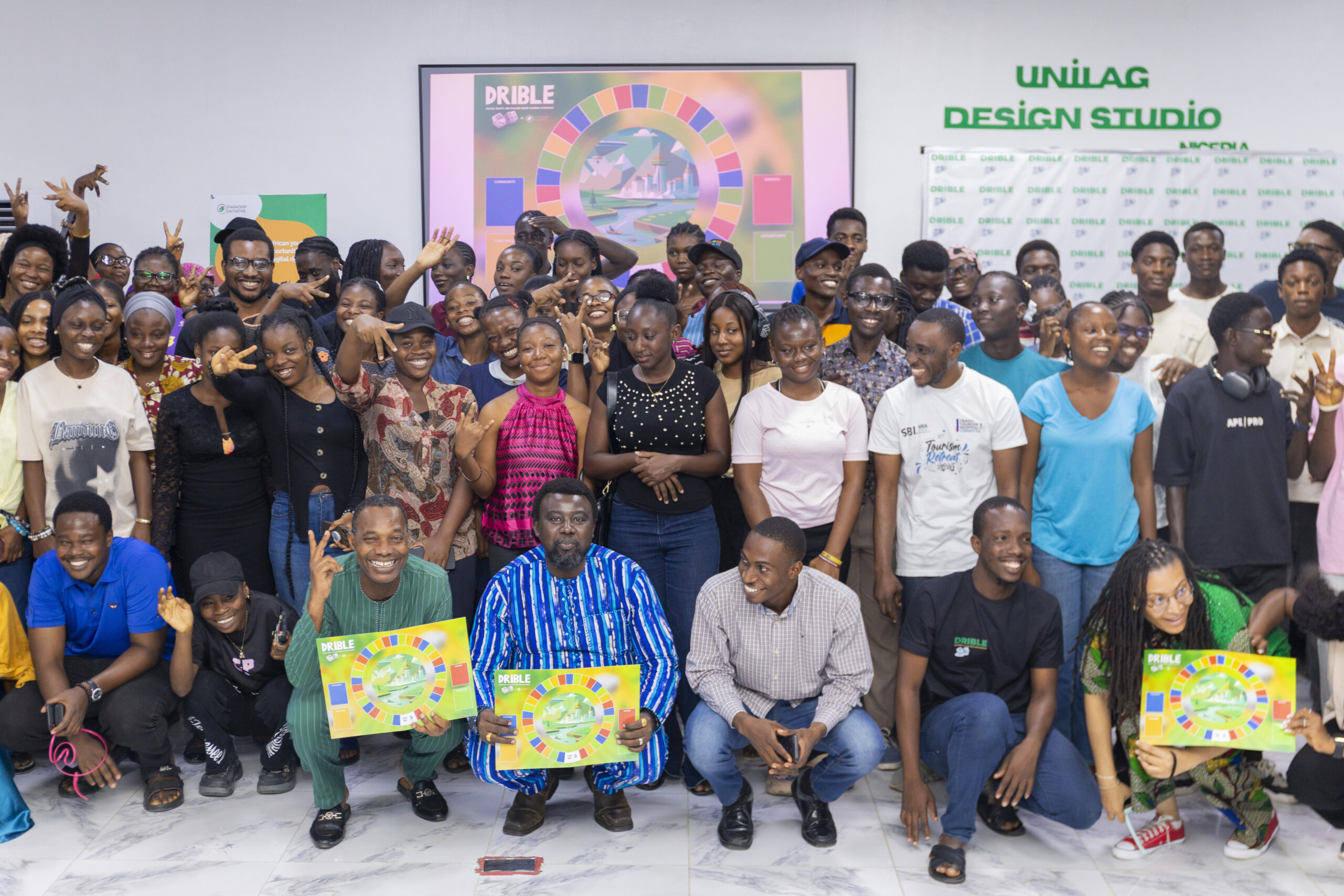Telecom
GSMA, IBM and Vodafone Establish Post-Quantum Telco Network Taskforce

The GSMA yesterday announced the formation of the GSMA Post-Quantum Telco Network Taskforce, with IBM and Vodafone as initial members, to help define policy, regulation and operator business processes for the enhanced protection of telecommunications in a future of advanced quantum computing.

Unlike today’s computers that rely on bits for calculation, quantum computers harness the exponential power of quantum bits (qubits). This can be a complicated, simultaneous mix of 1s and 0s, creating the potential to solve extremely complex problems that challenge even the most powerful supercomputers today.
The GSMA Post-Quantum Telco Network Taskforce will help define requirements, identify dependencies and create the roadmap to implement quantum-safe networking, mitigating the risks associated with future, more-powerful quantum computers.
Without quantum-safe controls in place, sensitive information such as confidential business information and consumer data could be at risk from attackers who harvest present-day data for later decryption.
The World Economic Forum recently estimated that more than 20 billion digital devices will need to be either upgraded or replaced in the next 10-20 years to use the new forms of quantum-safe encrypted communication.
“The GSMA Taskforce’s goal is to bring together leading global communication services providers with experts from IBM, Vodafone and other operators and ecosystem partners to understand and implement quantum-safe technology. By working together to establish consistent policies, we can define quantum-safe approaches that protect critical infrastructure and customer data, complementing our ongoing security efforts to increase resiliency in future networks,” said Alex Sinclair, the GSMA’s Chief Technology Officer.
To address the challenges presented by emerging quantum technology, the U.S. National Institute of Standards and Technology (NIST) announced in July 2022 that it had chosen the first four post-quantum cryptography algorithms to be standardised for cybersecurity in the quantum computing era.
These algorithms are designed to rely on the computational difficulty of problems from the mathematical areas of lattices, isogenies, hash functions and multivariate equations — and protect today’s systems and data from future quantum computers.
IBM, a leader in cryptography and pioneer in quantum technology – with the world’s largest fleet of cloud-accessible quantum computers – contributed to the development of three of NIST’s four chosen post-quantum algorithms.
“Given the accelerated advancements of quantum computing, data and systems secured with today’s encryption could become insecure in a matter of years.
“IBM is pleased to work with the GSMA Post-Quantum Telco Network Taskforce members to prioritise the telco industry’s move to adopt quantum-safe technology,” said Scott Crowder, Vice President of IBM Quantum Adoption and Business Development.
“In a modern Hybrid Cloud world, communications services and compute technologies are interconnected and underpin all industries, which means the adoption of quantum-safe cryptography in telecom will affect all enterprises and consumers.
“This taskforce will support the telco industry by creating a roadmap to secure networks, devices and systems across the entire supply chain,” said Steve Canepa, General Manager, Global Industries, IBM.
Luke Ibbetson, Head of R&D, Vodafone, said: “Quantum computing is by far the biggest revolution in computing since the 1950s, and most of it will have a positive impact on our industry and society as we move towards fully automated networks.
It has the potential to solve highly complex optimisation challenges which may allow us to further fine-tune our networks for an even better customer experience.
“At the same time, future quantum computing could inherently undermine the cryptographic principles relied on today. That is why Vodafone is committed to working with the GSMA and other members of the GSMA Post-Quantum Telco Network Taskforce to protect and secure customer data with the timely adoption of quantum-resilient solutions, policies and standards.”
The GSMA Post-Quantum Telco Network Taskforce will convene to drive consensus and adoption in this new field and it will be oriented across three areas:
– Strategy – to integrate quantum-safe capabilities into telco network operators’ technology, business processes and security.
– Standardisation – to identify the needs and common alignments for the integration of quantum-safe capabilities into existing telco networks.
– Policy – to advise on telco network public policy, regulation and compliance and to ensure scale across the industry.
Telecom
MTN’s ₦31.75Bn Investment in Health Lauded at Arthur Mbanefo Lecture

MTN Foundation has been spotlighted as a model for private sector-driven healthcare development in Nigeria, following commendations at the 6th Arthur Mbanefo Lecture held at the University of Lagos, Akoka.

Themed “A Healthy Nation is a Wealthy Nation: The Role of Impact Investments and Sustainable Financing in Nigeria,” the lecture featured Dr. Tolulope Adewole, Managing Director of NSIA Advanced Medical Services Limited (MedServe), as keynote speaker.
Dr. Adewole praised the Foundation’s strategic investments, noting that MTN commits 1% of its profit after tax annually to development sectors. “They’ve invested ₦31.75 billion, reaching over 32 million Nigerians. Though only 25% went to health, it accounted for 51% of all lives impacted. That’s catalytic,” he said.
He cited MTN’s dialysis centre programme as a transformative intervention for patients with kidney disease, and highlighted community-focused initiatives like the Y’ello Doctor mobile scheme and ‘What Can We Do Together’ (WCWDT) programme, which revitalised 164 Primary Healthcare Centres, including 44 in 2024 alone.
Executive Director of MTN Foundation, Odunayo Sanya, reflected on the COVID-19 pandemic’s exposure of systemic health vulnerabilities. “When COVID hit, we realised a health emergency is also an economic and social emergency,” she said.
Sanya revealed that of the 52 PHCs remodeled in 2024, only one had clean water. “I’m not a doctor, but I know you can’t live a good life without clean water,” she added, reaffirming the Foundation’s commitment to bridging healthcare gaps in underserved communities.
Telecom
PIN to Empower 20 Million Youths with New Digital Rights Board Game

Hundreds of university students across Africa are set to benefit from a new gamified learning experience on digital rights and inclusion launched by the leading pan-African non-profit organisation, Paradigm Initiative (PIN).

The Digital Rights and Inclusion Board Learning Experience (DRIBLE) is a game developed by Paradigm Initiative with support from the Open Society Foundations (OSF). The custom-designed board game provides young individuals with a fun and engaging entry point into digital rights and inclusion conversations, training sessions and storytelling tools.
The board game aims to build digital literacy, deepen understanding of online safety, and introduce young individuals to the organisation’s tools of impact. Currently being piloted in three universities: University of Lagos, Nigeria, the Catholic University of Eastern Africa (CUEA) in Nairobi, Kenya and the Dakar American University of Science and Technology (DAUST) in Dakar, Senegal, it will enhance interactions and create a holistic experience.
Speaking at the event launch at the University of Lagos, Nigeria, ‘Gbenga Sesan, Paradigm Initiative’s Executive Director, said: “PIN’s vision is to reach 20 million people through our Digital Inclusion and Digital Rights interventions. From Lagos, to Dakar, to Nairobi.. we will use the vehicle of our new Digital Rights and Inclusion Board Learning Experience (DRIBLE) which entails using gamification, training, multimedia materials, tools and other interventions to connect African youth with digital opportunities and protect their digital rights.”
‘Gbenga gave the keynote address on “Digital inclusion at PIN, our Past, Present and Future” and Nnenna Paul-Ugochukwu, the organisation’s Chief Operating Officer, said the goal of the learning experience would be instrumental in raising awareness of digital rights among the youth, building their capacity to address digital rights and inclusion issues in their communities. Prof. Olunifesi Adekunle Suraj shared a goodwill message with the students and other stakeholders.
Paradigm Initiative, which has been operational since 2007, started in a tiny cybercafe in Ajegunle, Lagos, Nigeria. Today, the organisation has expanded its wings to cover six African countries; Cameroon, Kenya, Nigeria, Senegal, Zambia and Zimbabwe, impacting the livelihoods of over 150,000 young Africans.
The launch of DRIBLE builds on the progress the organisation has made over the years in tackling the challenge of digital exclusion across Africa.
Paradigm Initiative’s tools of impact include Ripoti, a platform that enables individuals to report digital rights violations, Ayeta, a platform that provides digital security resources for stakeholders, more so human rights activists, defenders, journalists and other vulnerable groups, and the organisation’s latest short film, Whispers in the Wires.
Targeted at students, PIN rolled out a Campus Tour in the three universities on the continent starting July 15th, 2025.
Telecom
Meta Cracks Down on Fake Accounts, Deletes 10m Profiles

Meta, the parent company of Facebook, has intensified its crackdown on fake accounts and spam, announcing it removed over 10 million fake profiles and roughly 500,000 spam accounts in the first half of 2025.

The sweeping purge is part of Meta’s broader effort to combat impersonation, fake engagement, and content duplication, aiming to elevate authentic creators and improve the quality of content across its platforms.
In a blog post, Meta said: “We’re making progress. In the first half of 2025, we took action on around 500,000 accounts engaged in spammy behaviour or fake engagement. We also removed about 10 million profiles impersonating large content producers.”
Meta stressed that accounts which primarily repost or recycle content without meaningful edits will face penalties such as reduced reach and the loss of monetisation tools.
The company also warned that repeatedly sharing unoriginal content — whether videos, photos, or text — undermines the platform’s integrity by crowding out genuine voices and making it harder for new creators to grow.
To support authentic creators, Meta is rolling out new tools that automatically trace reposted content back to its original source. The company says this will help ensure rightful credit and give higher visibility to original posts.
“Pages and profiles that post mostly original content tend to enjoy wider distribution across Facebook. Simply stitching clips together or adding a watermark will no longer count as meaningful editing. Content that provides real value and tells an authentic story is likely to perform better,” Meta explained.
Creators are also being cautioned against uploading content that includes watermarks from other platforms. Such posts could see their reach restricted or lose monetisation privileges altogether.
As part of its latest update, Meta introduced post-level insights on the Professional Dashboard, allowing creators to monitor how individual posts perform. They can also check their Support Home screen to see if their content or earnings are facing restrictions.
In a parallel development, Google’s YouTube updated its monetisation guidelines, stating that content deemed mass-produced or excessively repetitive will no longer qualify for ad revenue. The announcement initially sparked concern among creators, who feared it was a blanket ban on AI-generated content. YouTube later clarified:
“We welcome creators using AI tools to enhance their storytelling, and channels that use AI in their content remain eligible to monetise.”
Both tech giants say these new policies are aimed at raising content standards and safeguarding genuine creators in a crowded and rapidly evolving digital landscape.

 Telecom2 days ago
Telecom2 days agoNCC Introduces N10m Licence Fee for Bulk SMS Service

 Telecom2 days ago
Telecom2 days agoMTN Nigeria Targets $1Bn Cloud Market with Largest Modular Data Centre

 General News2 days ago
General News2 days agoWoodhall Capital and Partners Launch ₦1.5Bn Fund

 E-Business2 days ago
E-Business2 days agoFirm Highlights Top Risks of Quantum Computing

 General News2 days ago
General News2 days agoBurna Boy Distances Himself from Meme Coin, Labels Crypto as Fraud

 Telecom2 days ago
Telecom2 days agoPAT Taps Osi as CEO

 News2 days ago
News2 days agoExperts Urge MSMEs to Build Strong Partnerships in Solving Problems,

 E-Financial2 days ago
E-Financial2 days agoAfrica Launches PAPSSCARD, First Pan-African Card Scheme


























